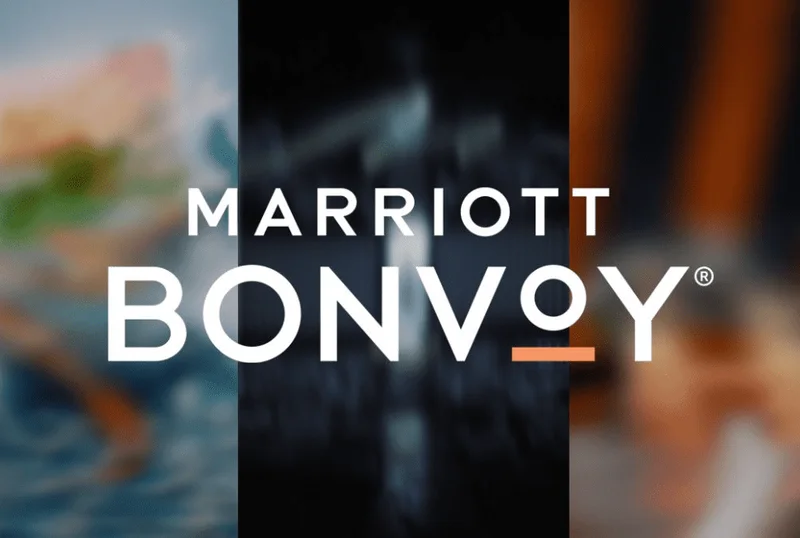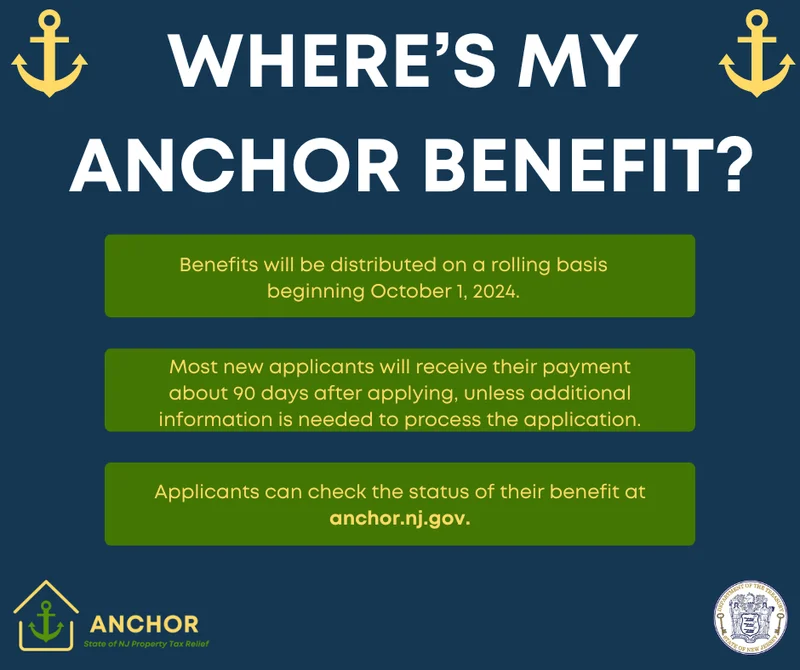Marriott Bonvoy's Sonder Collapse: What's Next for Points and Travel?
Alright, buckle up, folks, because what looks like a hotel hiccup is actually a glimpse into a whole new world of travel. I'm talking about the recent Marriott-Sonder situation, where things went south faster than you can say "Chapter 7." Guests stranded, reservations canceled, trust shaken – yeah, it was a mess. But here's the thing: amidst the chaos, I see the very first, clumsy steps toward a truly personalized, adaptable, and dare I say, human travel experience.
See, everyone's focused on the immediate fallout, the poor folks left scrambling for new accommodations. And rightly so; nobody wants to get booted from their hotel mid-vacay. But let's zoom out for a second. What was Marriott trying to do with Sonder in the first place? They were dipping their toes into the short-term rental market, trying to offer something beyond the standard hotel room. They were trying to offer flexibility, apartment-style living, a taste of "local" flavor. Sounds a bit like the Wild West, doesn't it?
The Algorithm of Serendipity
Think about it: we're moving toward a world where your accommodation isn't just a room with a bed, but a curated experience designed around you. Imagine a system that learns your preferences – not just "king-size bed" and "ocean view," but your taste in art, your favorite coffee, even the kind of lighting you prefer. Now, picture that system seamlessly integrating with local businesses, offering personalized recommendations for restaurants, activities, and hidden gems. This isn’t science fiction, folks; this is the direction things are headed.
The Sonder experiment, despite its unfortunate ending, was a vital step in this direction. It was a real-world test of the idea that hotels can be more than just hotels—that they can be dynamic, adaptable spaces that cater to individual needs. Sure, the execution was flawed, the integration with Marriott's systems was a disaster ("Unfortunately, our integration with Marriott International was substantially delayed due to unexpected challenges in aligning our technology frameworks," Sonder's interim CEO stated), but the vision was spot on. What’s next for Marriott after Sonder collapse?
What if, instead of seeing Sonder's collapse as a failure, we view it as a valuable dataset? A messy, expensive, and frustrating dataset, sure. But a dataset nonetheless. What did people actually want from these apartment-style rentals? What went wrong with the tech integration? What can we learn from the communication breakdown? These are the questions that will drive the next generation of travel innovation.
And that's where the real opportunity lies. We're talking about AI-powered personalization that anticipates your needs before you even arrive. We are talking about dynamic pricing that adjusts based on real-time demand and your individual preferences. We are talking about a truly seamless travel experience, where everything from check-in to checkout is automated and optimized for you.

This isn't just about convenience, either. It's about creating a deeper, more meaningful connection with the places we visit. Imagine arriving in a new city and having a personalized itinerary waiting for you, curated by local experts and tailored to your specific interests. Imagine staying in an apartment that feels like a home away from home, filled with the things you love and designed to make you feel comfortable and inspired.
This is the promise of personalized travel, and it's a promise that I believe is within our reach. But what happens when the algorithm gets it wrong? What if the AI misinterprets your preferences or makes a recommendation that's completely off-base? And, perhaps more importantly, how do we ensure that this technology is used ethically and responsibly? We have to make sure that personalization doesn't become manipulation, that convenience doesn't come at the cost of privacy. It's a tightrope walk, no doubt.
The Phoenix Rises
So, where do we go from here? Well, I think Marriott learned a hard lesson about the complexities of the short-term rental market. But I also think they're smart enough to not give up on the idea of personalized travel. They have the resources, the data, and the brand recognition to make it happen. Maybe they'll partner with a different company, maybe they'll build their own platform from scratch. But one thing's for sure: they're not going to ignore the growing demand for more flexible, personalized accommodations.
And it's not just Marriott, either. Other hotel chains, tech companies, and startups are all vying for a piece of the personalized travel pie. We're seeing new technologies emerge all the time, from AI-powered concierge services to blockchain-based booking platforms. The speed of this is just staggering—it means the gap between today and tomorrow is closing faster than we can even comprehend.
The Marriott Bonvoy program, for example, already offers a wealth of data on its members' preferences and travel habits. It's not hard to imagine them leveraging this data to create more personalized experiences, from targeted offers to customized room amenities. Marriott Bonvoy Guide: How to Earn, Redeem & Maximize Points They could even use AI to predict your needs before you even know them yourself.
What this means for us is a future where travel is no longer a one-size-fits-all experience, but a dynamic, adaptable journey that's tailored to our individual needs and desires. It's a future where technology empowers us to explore the world in a more meaningful and authentic way. The future is arriving.
The Future is Personalized
That rocky Sonder road? It's paved with potential.
-

Warren Buffett's OXY Stock Play: The Latest Drama, Buffett's Angle, and Why You Shouldn't Believe the Hype
Solet'sgetthisstraight.Occide...
-

The Business of Plasma Donation: How the Process Works and Who the Key Players Are
Theterm"plasma"suffersfromas...
-

The Great Up-Leveling: What's Happening Now and How We Step Up
Haveyoueverfeltlikeyou'redri...
-

NJ's ANCHOR Program: A Blueprint for Tax Relief, Your 2024 Payment, and What Comes Next
NewJersey'sANCHORProgramIsn't...
-

The Future of Auto Parts: How to Find Any Part Instantly and What Comes Next
Walkintoany`autoparts`store—a...
- Search
- Recently Published
-
- Netflix Stock: The Split, Price Today, and What's Next
- NVDA Earnings: What to Expect and When – The Future is Coming
- Pump.fun: Price predictions and... why?
- Microsoft Stock: Price Trends and Investor Sentiment
- SpaceX Launch Today: What We Know and the Schedule – A New Dawn
- Nvidia Stock Price Today: What's Happening and Why You Should Probably Panic
- XRP Price: Whale Activity, Predictions, and What's Next
- Firo Hard Fork: What It Means and the Road Ahead
- Gabe Newell's Gigayacht: Net Worth, Steam Deck, and the Internet's Reactions
- Caldera: No Impact on Youth? Yeah, Right.
- Tag list
-
- carbon trading (2)
- Blockchain (11)
- Decentralization (5)
- Smart Contracts (4)
- Cryptocurrency (26)
- DeFi (5)
- Bitcoin (29)
- Trump (5)
- Ethereum (8)
- Pudgy Penguins (5)
- NFT (5)
- Solana (5)
- cryptocurrency (6)
- XRP (3)
- Airdrop (3)
- MicroStrategy (3)
- Stablecoin (3)
- Digital Assets (3)
- PENGU (3)
- Plasma (5)
- Zcash (6)
- Aster (4)
- investment advisor (4)
- crypto exchange binance (3)
- SX Network (3)
